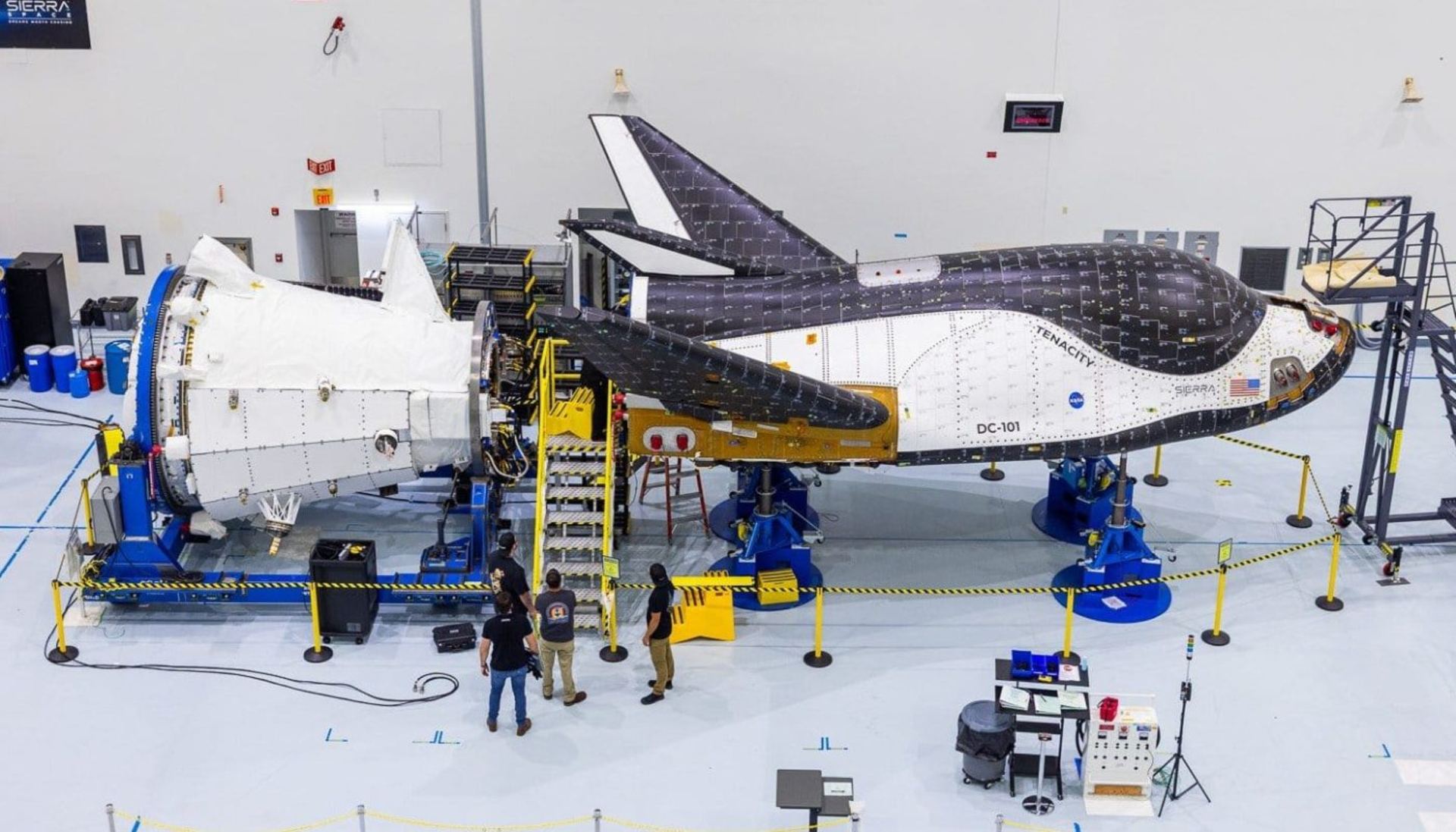The astronauts of SpaceX’s Crew-11 mission are making their final preparations for their July 31 trip to the International Space Station (ISS).
The four-person crew will lift off from NASA’s Kennedy Space Center in Florida, riding in the Crew Dragon Endeavour spacecraft atop a SpaceX Falcon 9 rocket on July 31, if all goes according to plan. This will be the sixth time that Endeavour has launched to space, making it SpaceX’s most-flown Crew Dragon ever.
But two of the spaceflyers on board, NASA astronaut Zena Cardman and Oleg Platonov of Russia’s space agency Roscosmos, aren’t as seasoned; Crew-11 will be their first flight. The other two, NASA’s Mike Fincke and Kimiya Yui from the Japan Aerospace Exploration Agency (JAXA), will be making their fourth and second flight to space, respectively.
Read on to learn more about this international crew launching on the 11th operational astronaut mission that SpaceX has launched to the ISS for NASA.
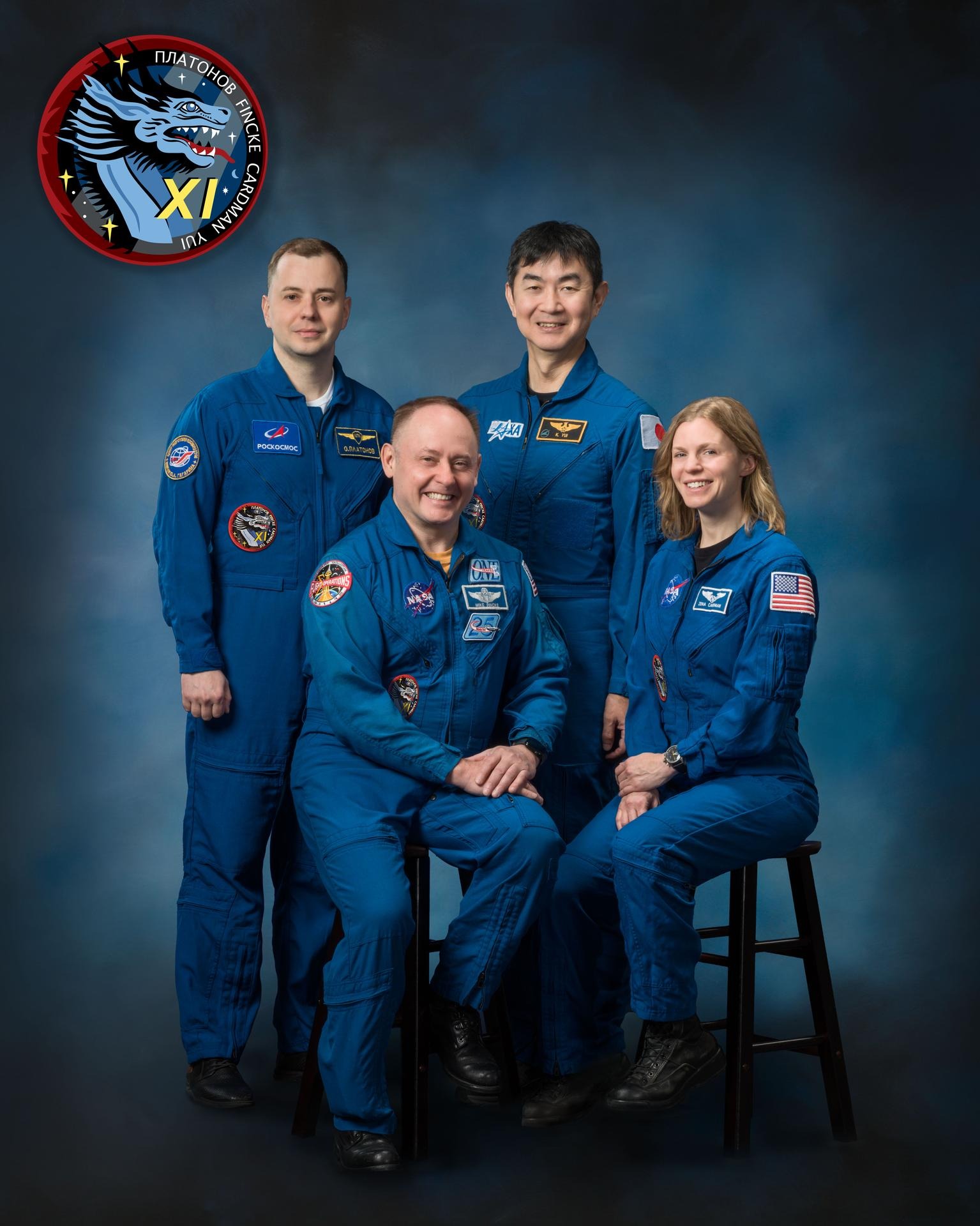
Zena Cardman (NASA)
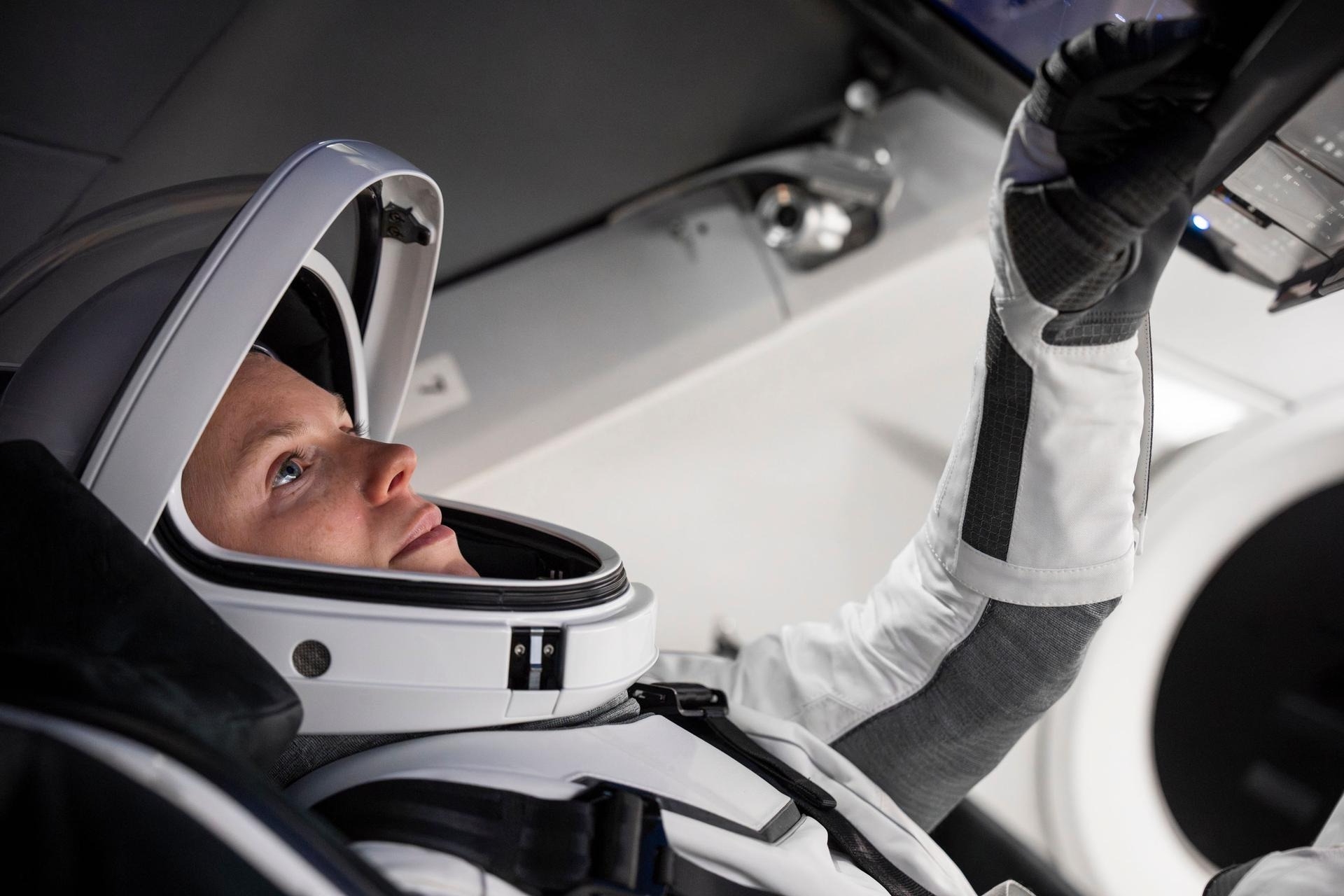
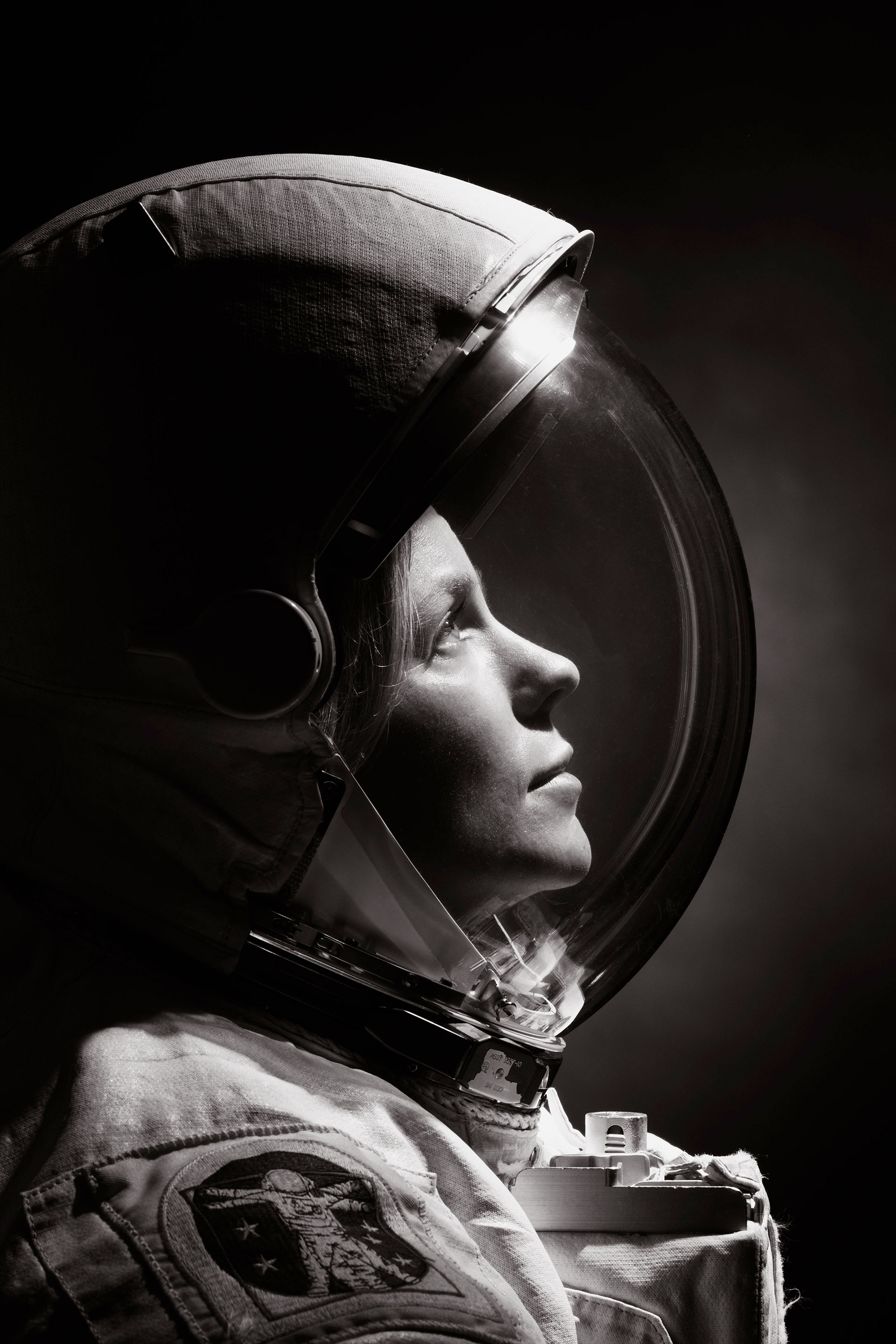
Zena Cardman
NASA astronaut Zena Cardman was chosen to be part of the agency’s 2017 astronaut class. She holds degrees in biology and marine sciences from the University of North Carolina, Chapel Hill.
Cardman was previously assigned to SpaceX’s Crew-9 mission, but had to be reassigned after her seat was given up in August 2024 to make room for two Boeing Starliner astronauts who had to catch a ride home with SpaceX after their spacecraft was deemed unsafe for their return voyage.
Cardman will serve as commander on this flight, her first trip to space, which will make up Expeditions 73/74 aboard the International Space Station. She has previously trained as a Crew Dragon commander and has supported ISS operations and helped plan for lunar surface exploration, according to NASA.
Mike Fincke (NASA)
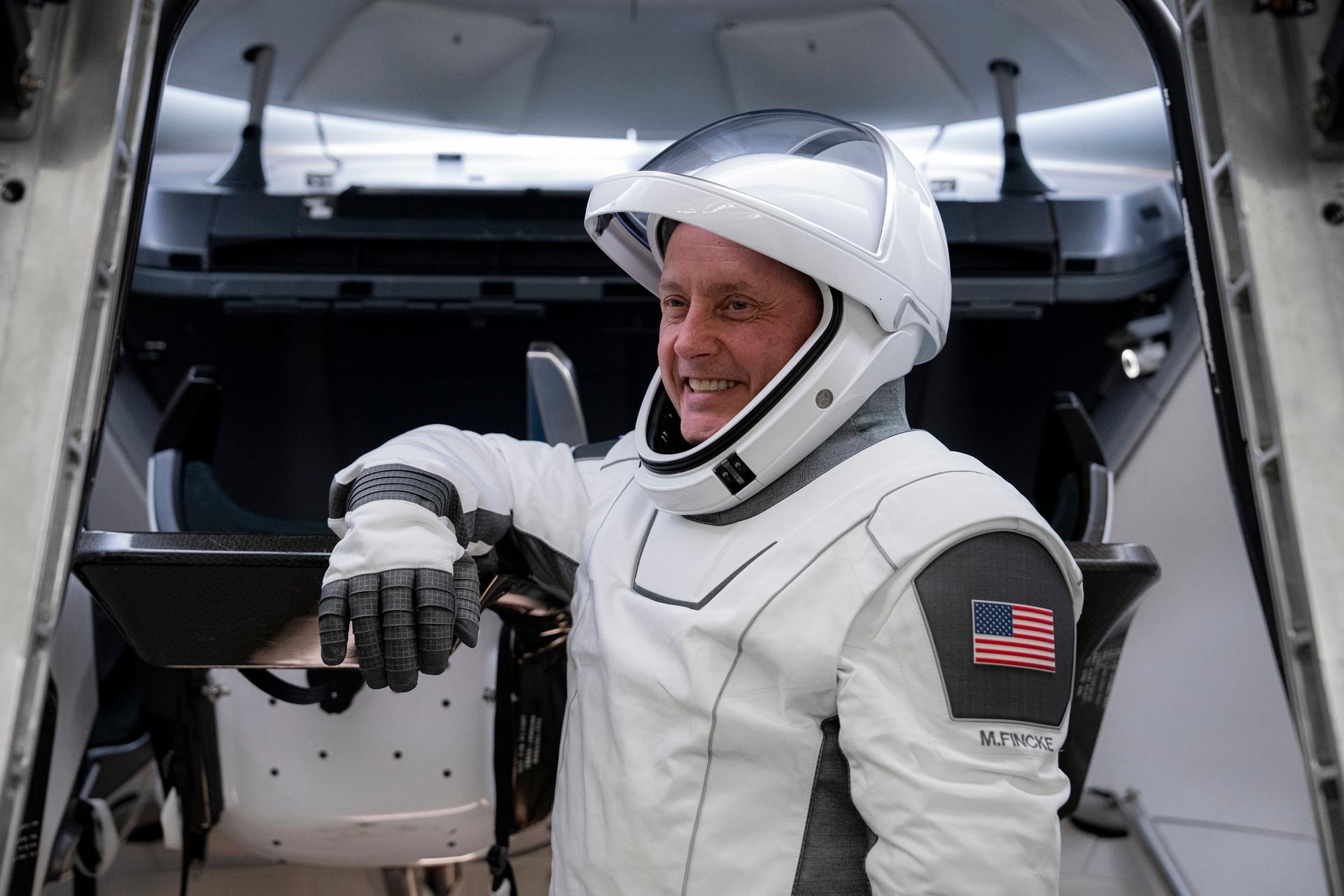
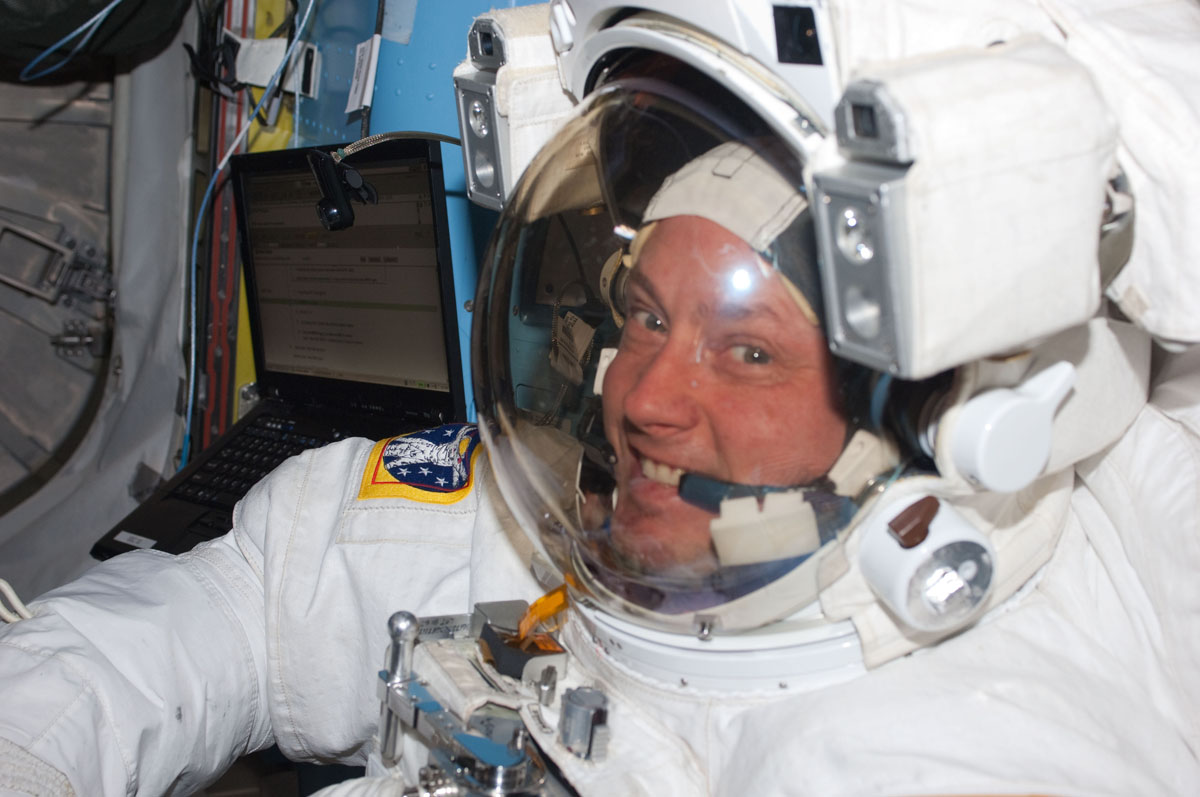
Mike Fincke
Edward Michael “Mike” Fincke is a retired U.S. Air Force colonel who was chosen to be a NASA astronaut in 1996.
Fincke first flew to space in 2004 as a member of ISS’ Expedition 9, again in 2009 on Expedition 18, and on STS-134 in 2011, NASA’s penultimate space shuttle mission. That shuttle, like the Crew Dragon spacecraft that will fly on Crew-11, was named Endeavour.
The veteran astronaut has spent over a year in orbit in total and conducted nine spacewalks for a total of 48 hours and 37 minutes, according to NASA. Fincke previously trained to serve as pilot on Starliner-1, the first operational flight of Boeing’s troubled Starliner spacecraft.
As the most experienced member of Crew-11, Fincke says he’s looking forward to seeing the reactions of his first-timer crewmembers. “I remember how moving it was, and how breathtaking it was for me, and I want to share their joy in that,” Fincke told Space.com.
Oleg Platonov (Roscosmos)
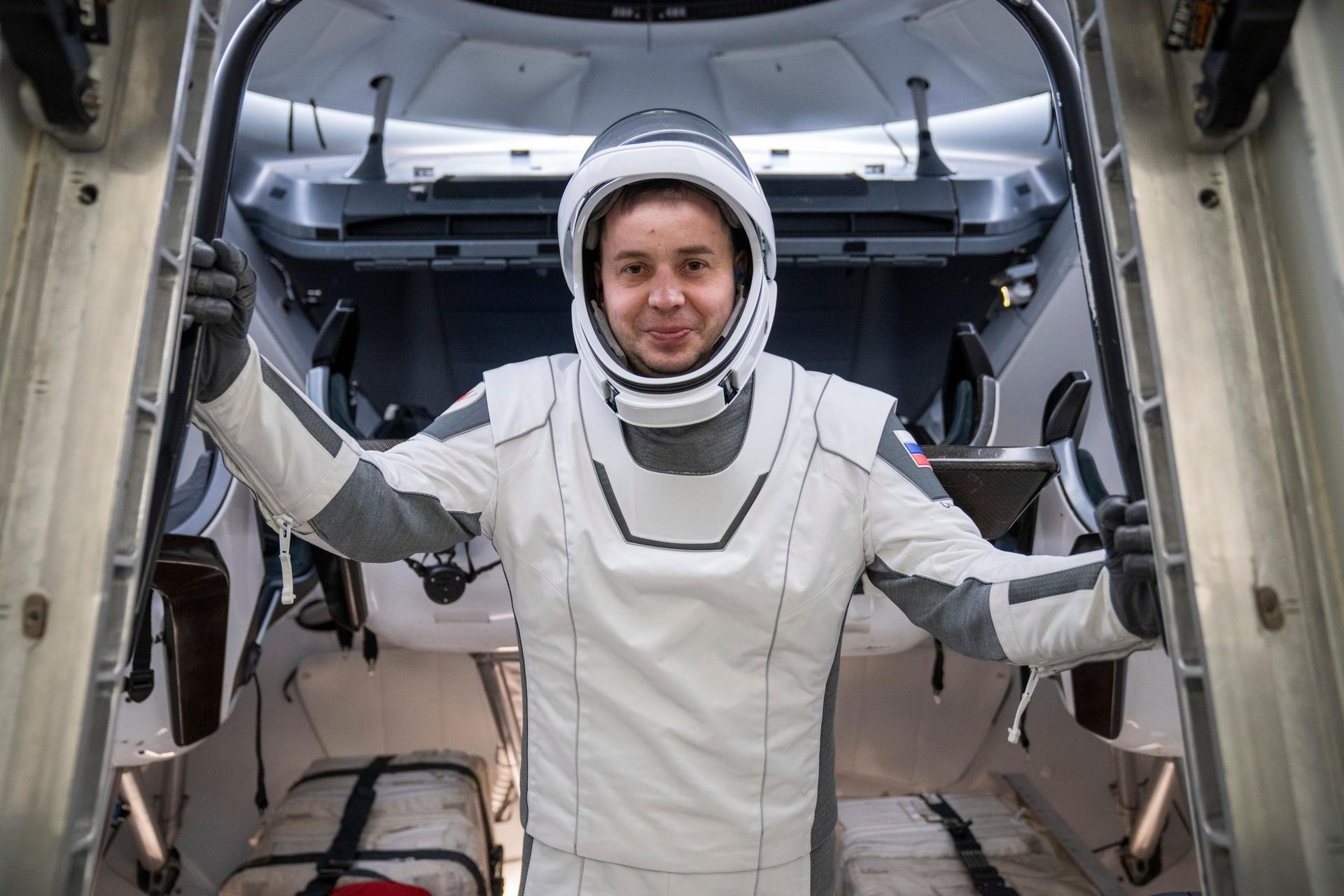
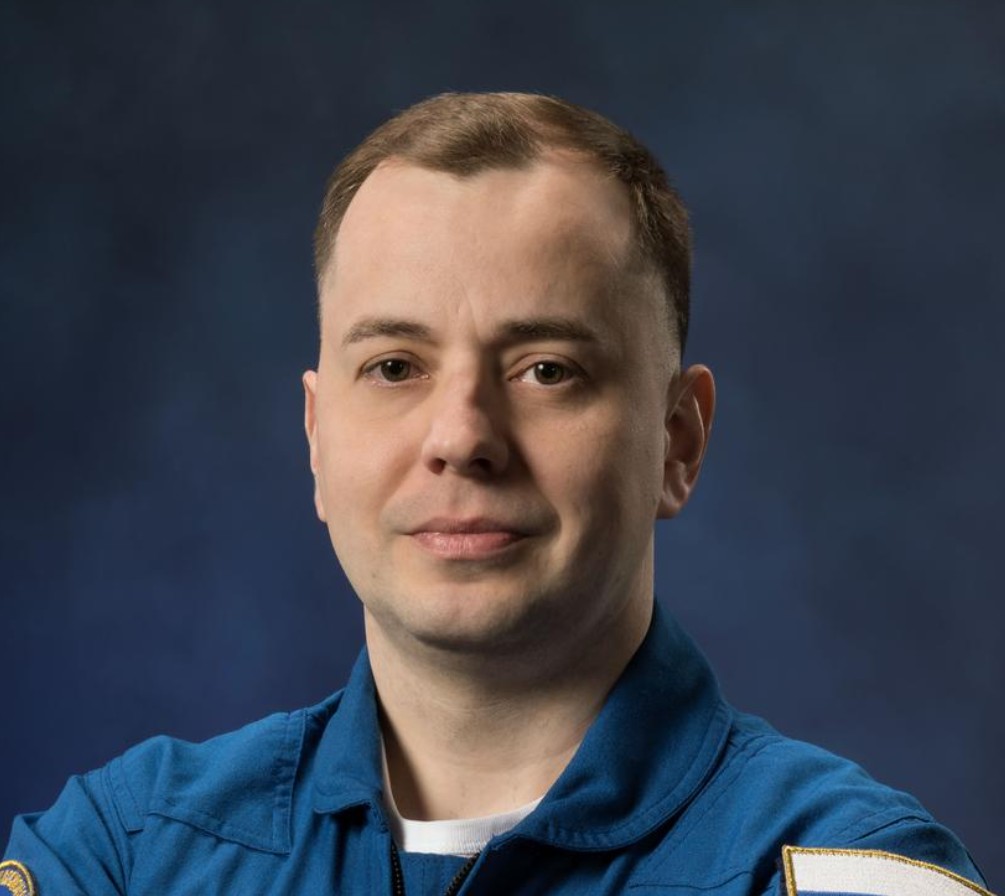
Oleg Platonov
Roscosmos cosmonaut Oleg Platonov will be making his first spaceflight on Crew-11. Platonov was selected as a cosmonaut in 2018 after studying engineering and aircraft operations and serving in the Russian Air Force.
At Roscosmos, Platonov was previously assigned to test duties as an aircraft pilot and scuba diver, conducted zero-gravity training and wilderness survival exercises, according to NASA.
Platonov was originally scheduled to fly to the ISS as part of the Soyuz MS-25 mission, but was reassigned to Crew-11 as part of the current seat swap agreement between NASA and Roscosmos.
Kimiya Yui (JAXA)
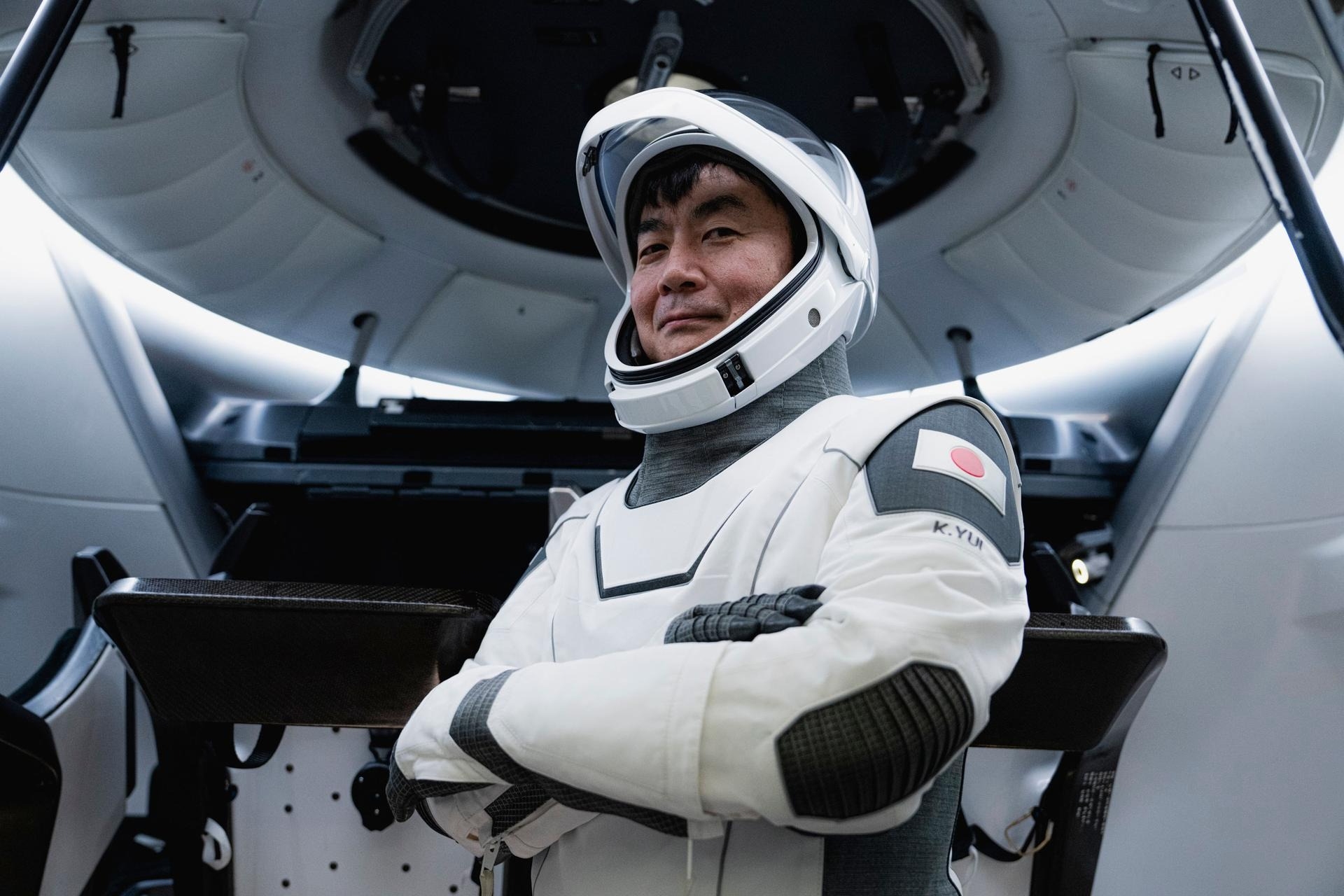
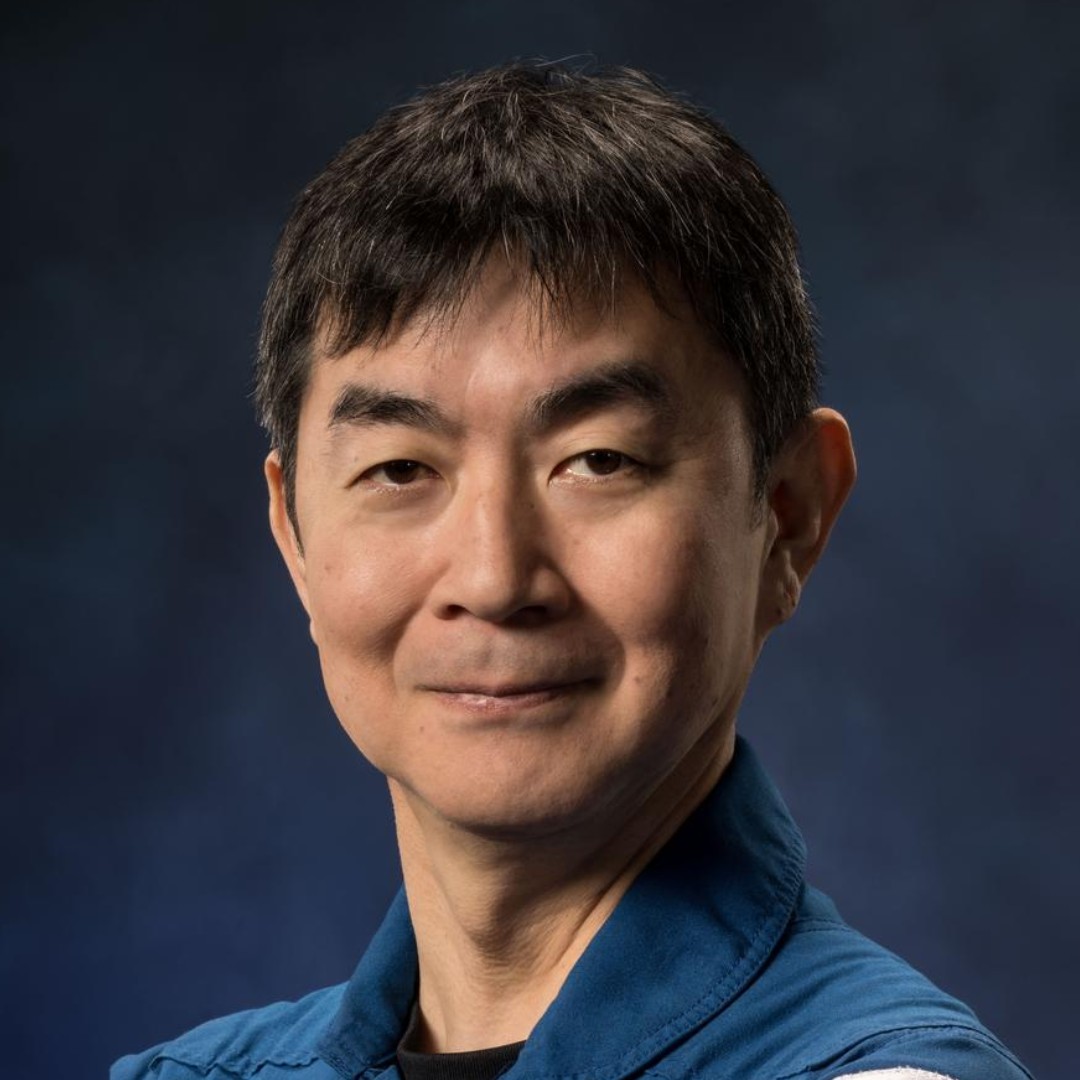
Kimiya Yui
Mission specialist Kimiya Yui will be making his second flight to the ISS aboard Crew-11, having previously spent 142 days on the ISS during Expedition 44/45 in 2015. During that time, Yui helped assemble laboratory facilities in the Japanese Kibo module on the ISS, where he then conducted 21 different science experiments, according to NASA.
Yui was also the first Japanese astronaut to use the Canadarm2 robotic arm to capture the H-II Transfer Vehicle (HTV), or “Kounotori,” Japan’s robotic cargo vessel designed to resupply the ISS.
Prior to joining JAXA as an astronaut in 2009, Yui served in the Japan Air Self-Defense Force, reaching the rank of lieutenant colonel.
If all goes according to plan, Crew-11 will dock at the ISS on Saturday, Aug. 2. Docking is targeted for 3 a.m. ET (0800 GMT), and hatch opening and a welcome ceremony should follow some two hours later.
Crew-11 will spend six months aboard the ISS conducting scientific experiments and routine space station operations. The four Crew-11 astronauts will be relieving the Crew-10 quartet, who will return to Earth a few days later.
Source link

